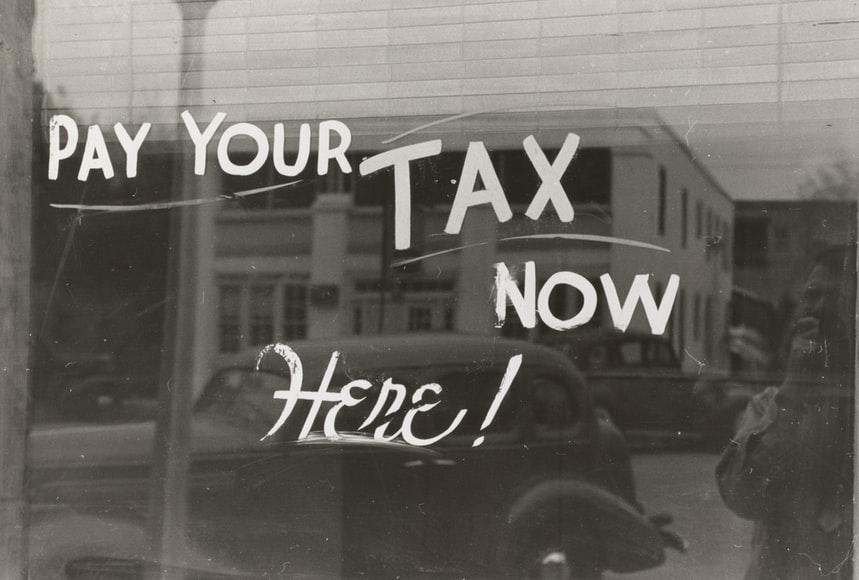No country is completely tax-free. Because being tax-free means a lot of things. There are numerous types of taxes in a country, and without them, there would be no economic stability. Although, there are some exceptions in the United Arab Emirates.
The UAE is associated with wealth, especially Dubai. Various social media posts show luxurious hotels, views, sights, etc. Some of the posts just show people that rent a car in Dubai and go sightseeing. And that’s obvious as rental services are in demand today more than ever and everyone can rent even a dream sports car for a reasonable price.
But, almost none in the emirates is completely tax-free.
Only Tax-Free Thing the UAE
There’s a lot of talk about the UAE as a free-tax zone. In essence, there are no income taxes. Individuals living in the UAE who operate as freelancers or perform services as individuals do not have to pay taxes on their income, i.e. the tax return. Unfortunately, you have to be a citizen of the UAE.
Misconceptions About Income Tax
There is a widespread misperception that income is tax-free. When you’re an individual providing services or a freelancer and you’re an Emirates resident, it works well for you. However, if you’re employed in the UAE, you need to pay individual taxes.
The individual tax is related to social insurance. Therefore, an employed individual needs to pay 5% of their salary for social security, the employer needs to pay 15% of the employee’s salary, and the government subsidizes 2,5% as an encouragement for employing nationals.
As a GCC national and not a resident of the Emirates, an employee is subject to paying 17.5% of their salary in social security. This includes the total of 5% by the employee, 15% by the employer, and 2,5% that’s not subsidized by the government.
Different Tax Types
Regardless of the compulsory individual social security taxes, there are other taxes that need to be mentioned especially for those looking to start a business in the UAE. These include other federal taxes, the VAT (Value Added Tax), and taxes on wealth and property.
Other Federal Taxes
Corporate taxes only apply to oil companies and foreign bank branches. Other industries are not subject to corporation taxation. Businesses registered in the UAE may be exempt from paying taxes in certain free-trade zones for a short period of time that may be extended.
Another sort of tax is double taxation, which the UAE has agreements with over 115 nations to avoid. This agreement is intended to promote global strategic collaborations while also lowering profit and investment taxes.
Although there is no inheritance tax, there is a property transfer tax. Like in any other country, the person buying the asset is the one that pays the tax. The tax is different according to the emirate in which the property is being transferred.
If you are a tourist in the UAE, you may be liable to taxes on your hotel room, service, city, the municipality, and the tourism fee in general. However, the VAT is refundable to tourists in some places.
Value-Added Taxes
VAT is charged on all goods and services sold in the UAE. The excise tax is another type of tax that exempts exported items. The excise tax applies to tobacco, energy drinks and carbonated beverages.
The VAT is 5% on all goods and services, but some of the goods and services are tax-free as they present themselves as a necessity or are a foundational element of the country such as healthcare and education.
Property and Wealth Tax
In the UAE, there are no capital gains taxes. The emirate imposes property transfer taxes. There are rental taxes, which vary depending on the emirate. The current Dubai rate is 5% of the annual rent for tenants that are residents. However, the non-residents have to pay 10%.
Conclusion
The UAE is not completely tax-free. Moreover, it has numerous tax policies and regulations. There are certain benefits for business owners in various free-trade zones. There are also benefits because the UAE wants to encourage strategic partnerships globally, and this is done through tax reduction. Even if you’re a tourist looking to rent a car in Dubai, you can still get a tax refund on your way back home.

